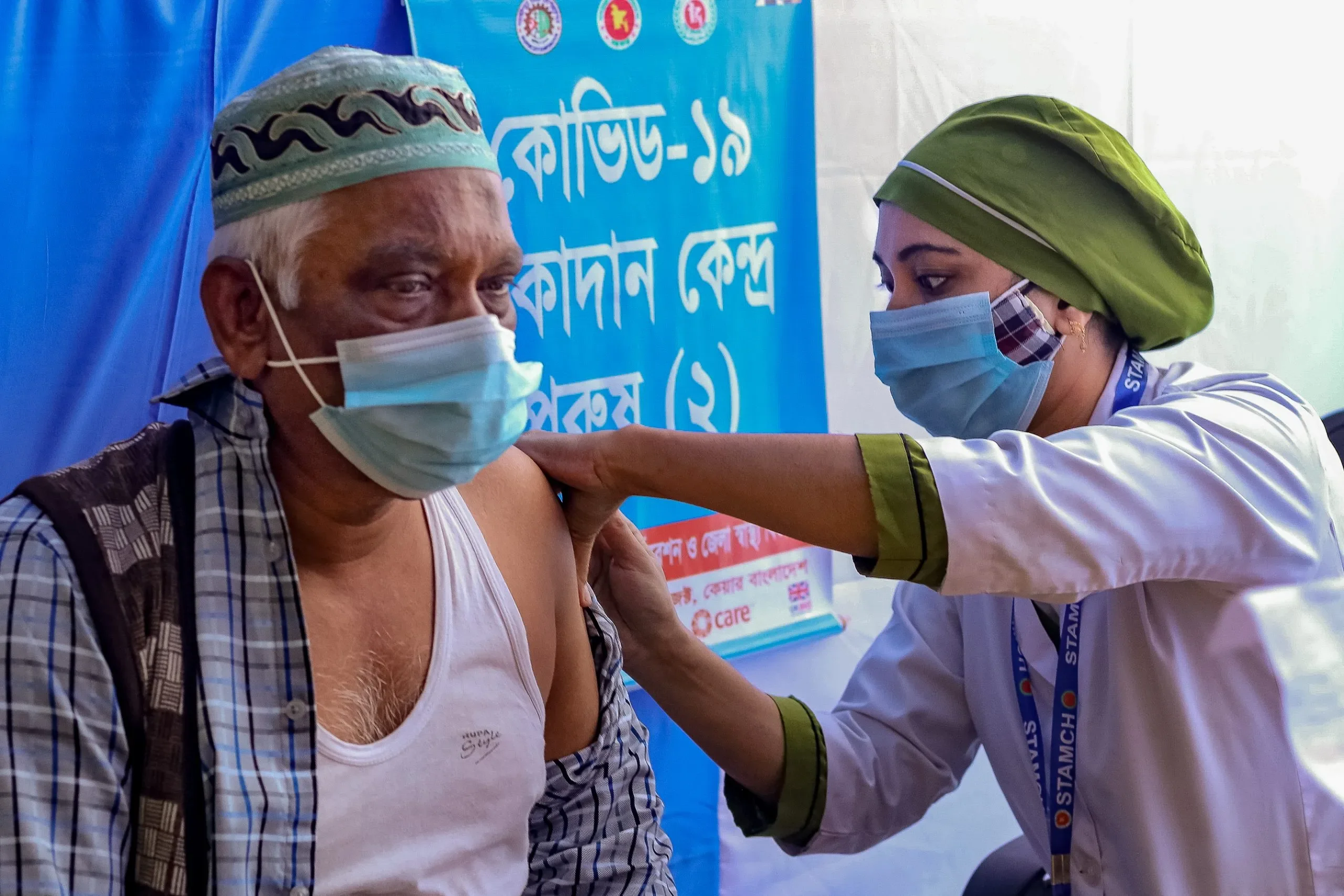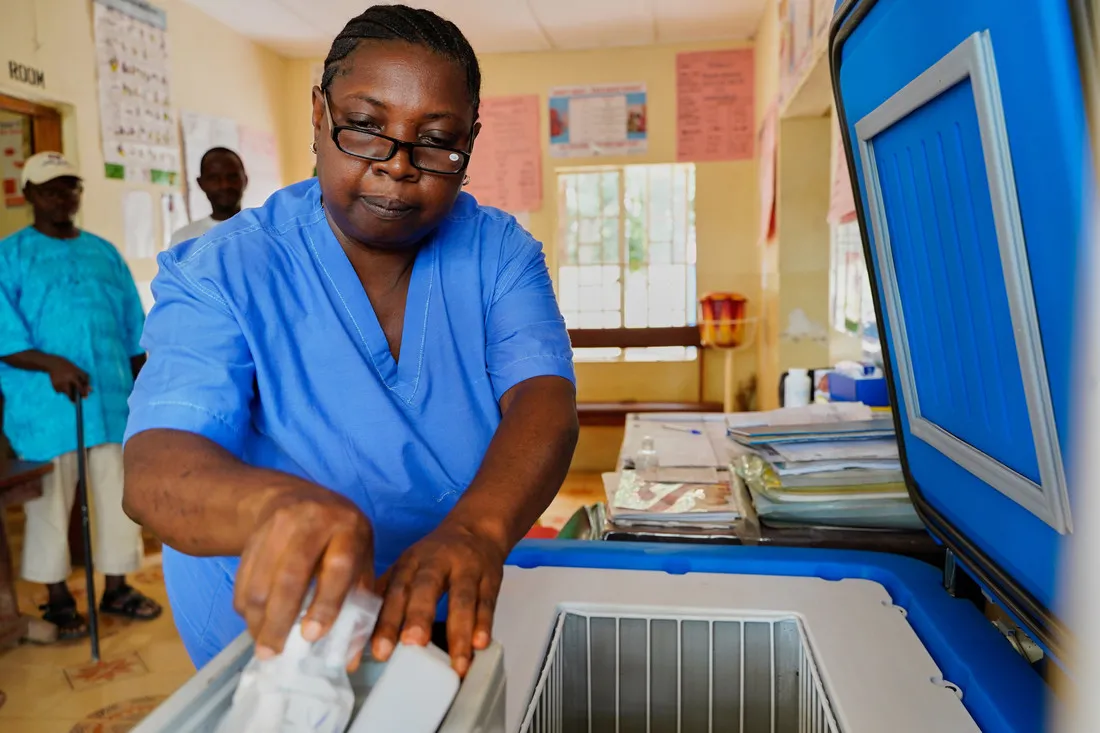The United States faces a choice: Invest $3.7 billion a year for the next three years to ensure vaccines reach the most vulnerable and hard-to-reach communities worldwide, particularly low-to-middle-income countries, or pay as much as almost $700 billion in continued economic loss if we fail to meet this global challenge.
This is just one of the findings from a new joint analysis by CARE and Booz Allen Hamilton outlining the case for U.S. investment in global COVID-19 vaccinations, particularly when the human and economic toll of the pandemic has already reached devastating levels. No one is safe from the virus until everyone is safe and the U.S. government has a key leadership role to play in a fast and fair vaccine campaign.
Keep reading for three reasons why the U.S. must pay its fair share to combat COVID-19 globally:


